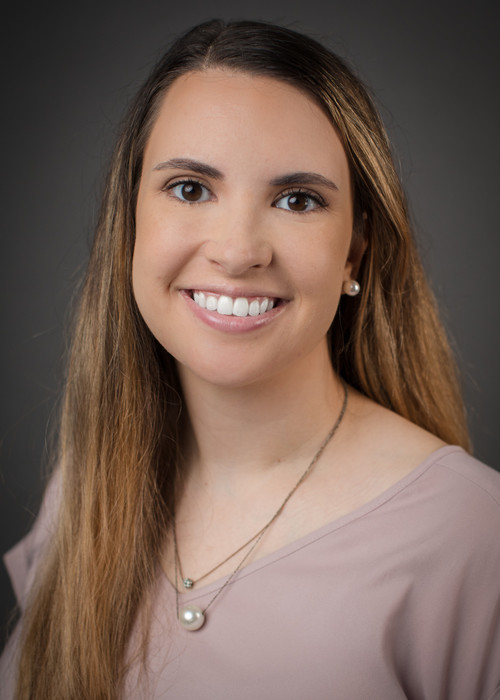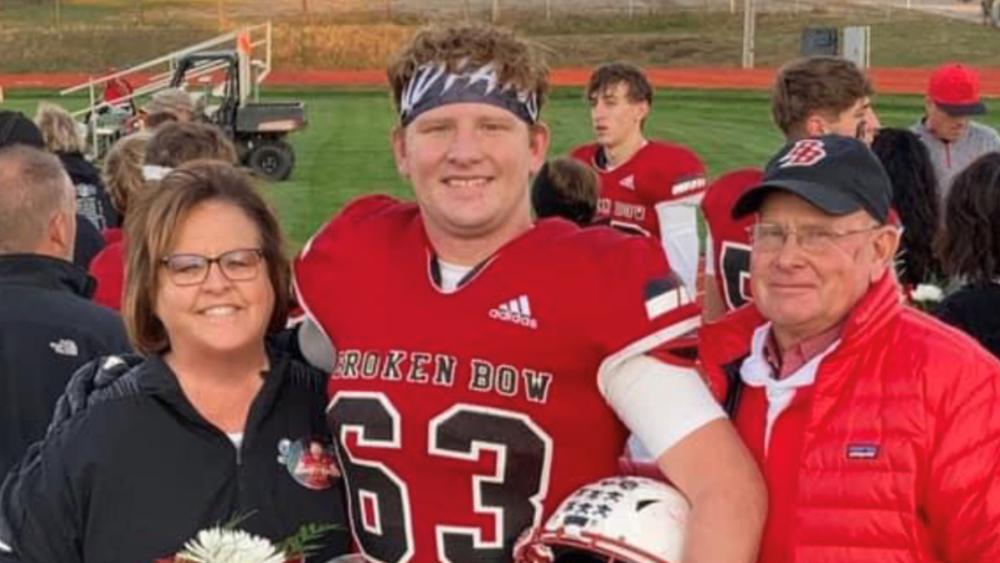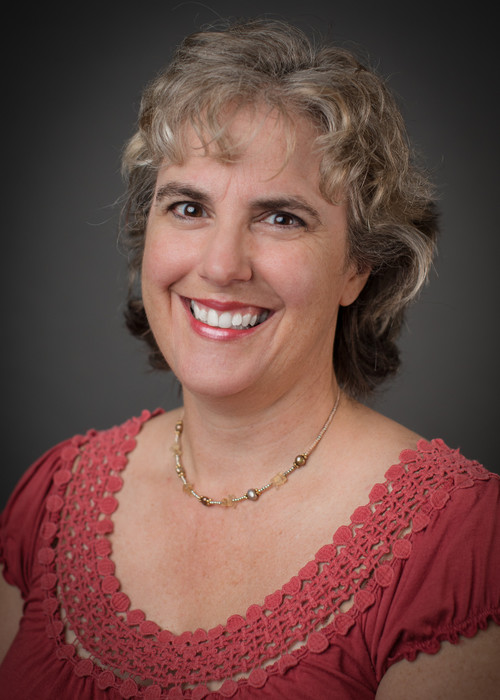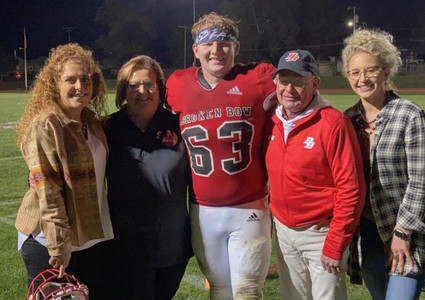





Cancer Care
‘Amazing Opportunity’: American Cancer Society Grant Helps Methodist Patients With Transportation Costs
Published: March 23, 2022

A year ago, Andra Anderson couldn’t have imagined the position she’s in now – battling breast cancer.
“I was healthy and tough,” Andra, 56, who lives in Broken Bow, Nebraska. “I was really tough, but not so much anymore.”
It’s been a journey of highs, lows and important lessons. Among them: “There’s nothing wrong with asking for help.”
“I Want You To Come to Methodist”
Andra’s cancer journey began with a simple wellness exam. She was changing jobs in September, and her new employer required that she get a physical. During that appointment, staff noted her high blood pressure and recommended she see her doctor for a more thorough checkup. Andra had a mammogram at that visit, and her doctor also identified precancerous gynecologic concerns.
She shared the news with her family, including her oldest daughter, who’s in medical school and has had surgical rotations at Methodist Hospital.
“She said, ‘Mom, I want you to come to Methodist.’”
Andra met with gynecologic oncologist Brent Tierney, MD, and his team at Methodist Estabrook Cancer Center (MECC). Her worries and doubts about her health were growing, but she soon knew she was exactly where she needed to be.
“Dr. Tierney grabbed my leg before I went into surgery, and he said, ‘It’s going to be OK. We’re going to take care of it,’” Andra said. “Just that touch, that I am a human. That meant a lot. I told my daughter that. I said, ‘Compassion toward a patient is an amazing thing. You remember that for the rest of your career.’ What he did I’ll remember for the rest of my life.”
Dr. Tierney also acted swiftly with Andra’s mammogram results, referring her to Methodist surgical oncologist James Reilly, MD, who specializes in breast cancer. He confirmed that Andra had stage 2 breast cancer.
In late November, she started chemotherapy treatments closer to home in Kearney, Nebraska. But she was still making several trips a month to Omaha for appointments at MECC. The drive alone was four hours one way, and the stress of her diagnosis and treatment was taking its toll. By Christmas, she said, things were falling apart.
“I think one of the main problems I had was admitting I had it,” she said. “I was like, ‘No way. This can’t be that big of a deal.’ It took a while for it to finally sink into my head that this isn’t funny. This isn’t something that I can outstrength, that I can be too tough to have. That I still have it.”

A Great Need
Andra noted her employer’s support through her journey and how it has urged her to take as much time as she needs for her health.
“But that wasn’t paying my rent and utilities, and the gas to come to Omaha.”
That’s where MECC’s social workers played a critical role. Their goal is to support patients and families through diagnosis, treatment and survivorship – which can mean connecting them with counselors, support groups and a range of other services. Patients’ needs are “usually emotional, sometimes financial, and everything in between,” said oncology social worker Brooke Webster, PLMHP, PCMSW.
In September, with the help of Methodist Hospital Foundation, the social workers got a boost: a $15,000 American Cancer Society (ACS) grant to assist patients with transportation. They had through the end of the year to distribute the funds, but by mid-December they had exhausted them, providing gift cards to over 90 patients from across Nebraska and western Iowa.
“I knew there was a great need, but I didn’t realize it was that great,” said oncology social worker Donna Wilhelm, LCSW. “I think it opened our eyes.”

Webster added: “We have patients coming from long distances who could easily spend $100 at a time in gas for just one appointment. With how specialized the technology is at Methodist, there are certain treatments that can only be provided here. I had patients who would drive 200 miles round trip just to come for a 15-minute radiation treatment because they were comfortable here.”
Andra was among the patients who benefitted from the transportation grant. A separate grant for cancer patients helped her family with a month’s rent and a car payment. She admitted that she initially was conflicted about accepting the assistance. But over time, she came to accept that she and her family couldn’t conquer cancer alone.
“I thought I’d be able to be tough and go back to work,” Andra said. “I tried a little, but between the chemo and everything, it didn’t work. When I had to give up my job, we weren’t so financially OK, and it was OK to say that. We couldn’t do it all. To be able to pull up to the gas pump and fill up the car, knowing you can go to Omaha and back, I appreciated that so, so much.”
“A Huge Impact”
Andra’s cancer journey isn’t over, but she’s had good news recently. She finished chemotherapy this month, and she’s soon meeting with Dr. Reilly to discuss what’s next – likely surgery to remove her tumor. Whatever the plan, she’s all in with a team she completely trusts.
“The care and compassion I’ve felt through Methodist are things I’ll never be able to pay back, because it got me through some very bad times," she said.
MECC social workers have good news, too. The ACS recently announced that Methodist has received another round of grant funding. This time, $30,000 will be distributed to cancer patients at MECC, Methodist Jennie Edmundson Hospital and Methodist Fremont Health.

Webster called it an “amazing opportunity” to continue helping patients. And judging by the results last fall, it won’t take long for them to benefit.
“This really allows patients and families to focus on getting through treatment and coming out healthy on the other end,” she said. “We had families who were finally able to afford their other bills. They were able to buy a holiday meal that they didn’t think they could. Or they didn’t think they were going to be able to afford treatment at all, or would have missed an appointment, and they were able to finish treatment on time. This grant made such a huge impact.”
More Resources
- Learn more about cancer care at Methodist.
- Learn more about the Harper’s Hope Cancer Survivorship Program.
- Read more inspiring stories about Methodist patients and providers.
- Read similar stories in our Cancer Care section.


